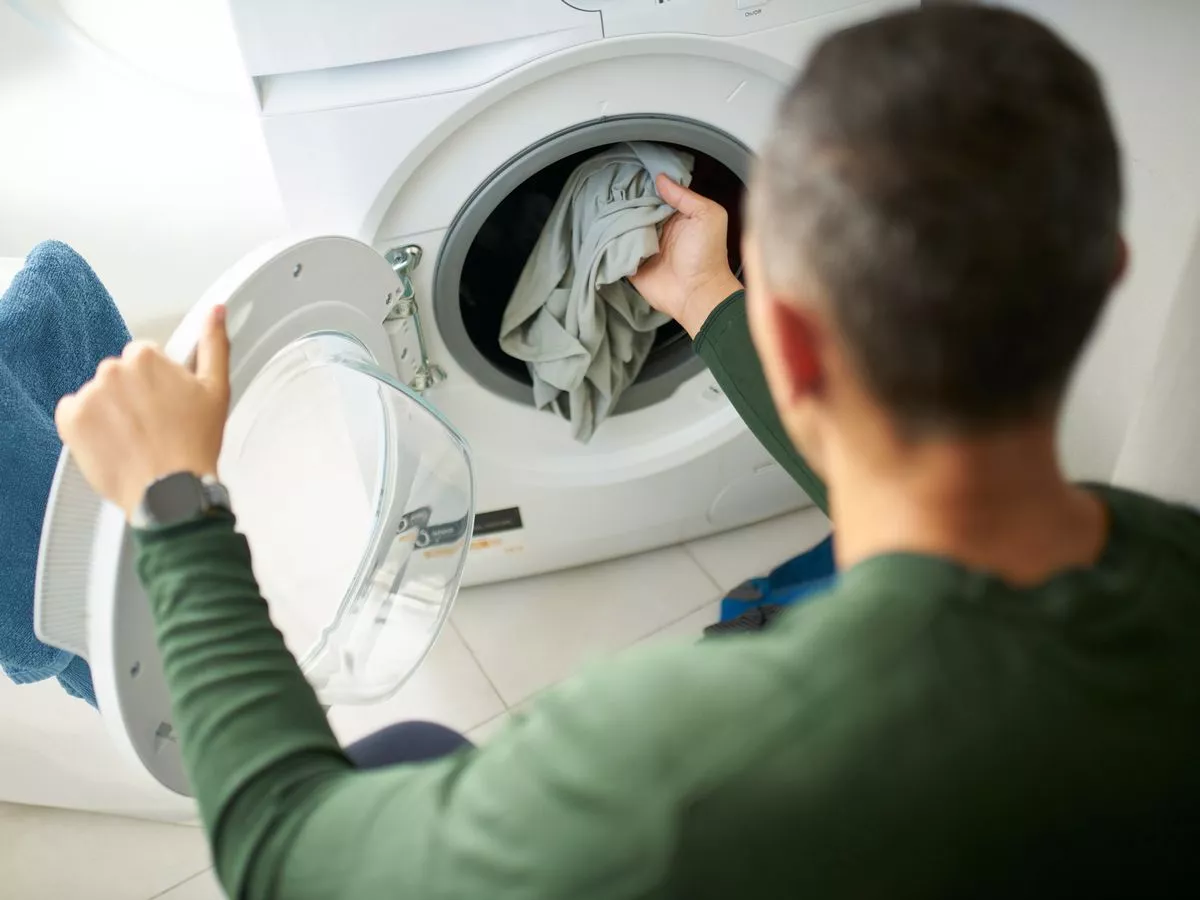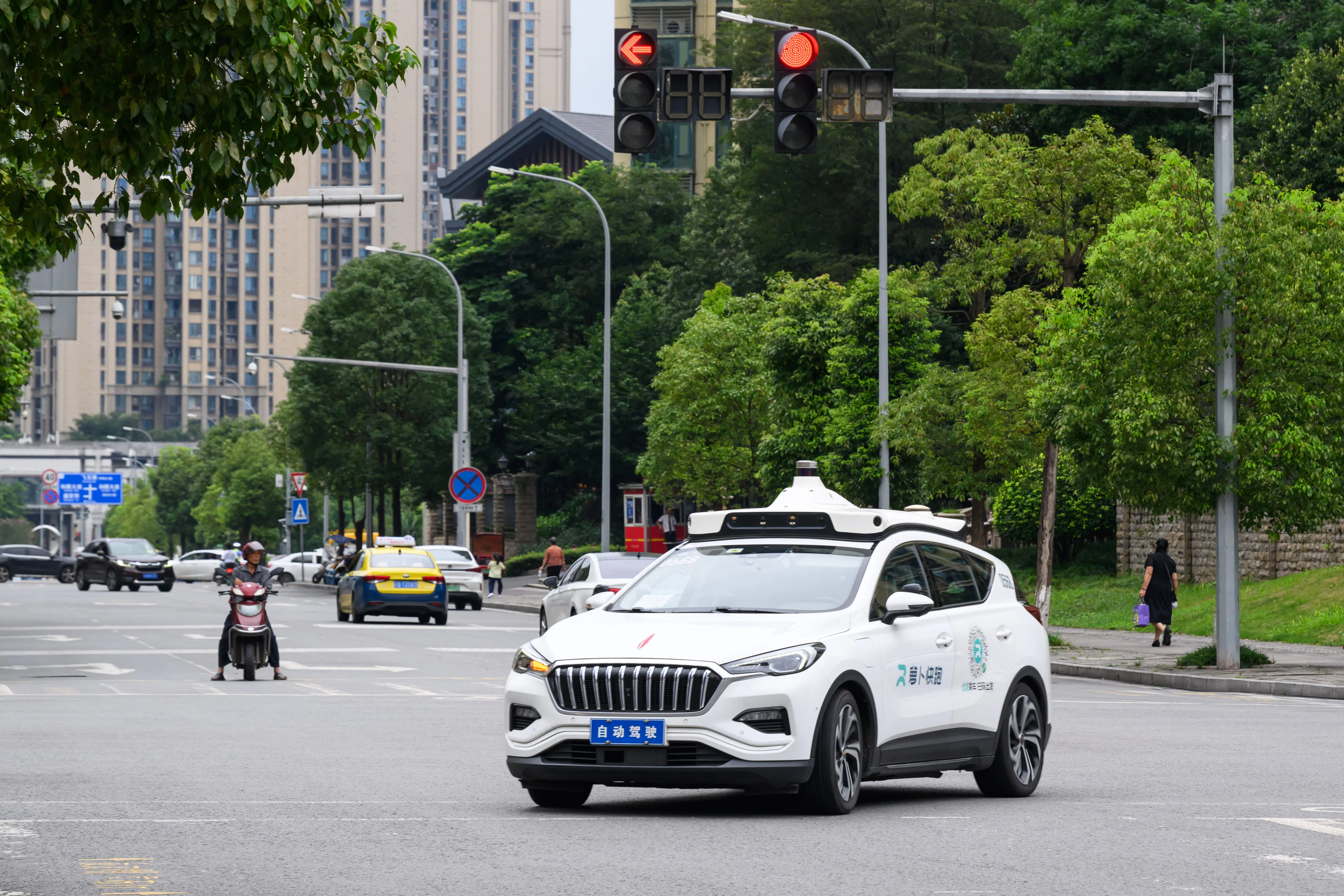Copyright dailyrecord

UK households could be wasting money every time they do a load of washing, and they're not even getting cleaner clothes as a result. It's down to how hot people are setting their wash cycles , with some costing people hundreds of pounds extra a year. Charanjit Mannu , director at Elec Training , claimed that most UK families use unnecessarily hot wash cycles . He suggested that these settings eat up three times more electricity than cooler alternatives, without getting clothes any cleaner. The high-temperature cycle on washing machines remains one of the most expensive appliance settings to run. Mannu says the 90°C setting uses roughly £1.60 in electricity per cycle, compared to just 37p for a 30°C wash. Mannu said: "The hot wash setting on modern washing machines uses massive amounts of electricity because water needs constant heating throughout the cycle. Most washing machines sold today clean clothes perfectly well at 30°C thanks to improved detergents and washing technology." While one wash might not make a significant dent in your bank account, repeating this habit can soon add up . For example, given that the average UK household runs 270 washing machine cycles per year, washing every load with this £1.60 setting quickly racks up a bill of £432, roughly. Mannu added: "Many people think 60°C or 90°C washes clean better, but this simply isn't true for normal laundry. These high temperature cycles cost roughly £220 extra per year compared to 30°C washes for the typical family." The electrical specialist said that most modern detergents typically claim to work effectively at lower temperatures. It means that "hot washes waste electricity without improving cleanliness". According to Mannu, households should check the energy rating label on their washing machines, which helps consumers understand the true efficiency of their appliances. This advice comes as UK households continue to face pressure from high energy costs, with many unaware of how small changes can lead to substantial savings. He said: "The 'eco' cycle button sits unused on most washing machines, yet this setting typically uses 30-40% less energy and water than standard cycles." He added that only certain items, like heavily soiled work clothes, bed linens when someone has been ill, or towels, occasionally benefit from hotter washes. Under the UK's energy labelling regulations , washing machines must display standardised information about their energy consumption, helping consumers compare running costs between models. Mannu recommends that consumers use the information on these labels when purchasing new appliances, specifically looking at the kilowatt-hour (kWh) usage per 100 cycles, which provides the clearest indication of actual running costs.



